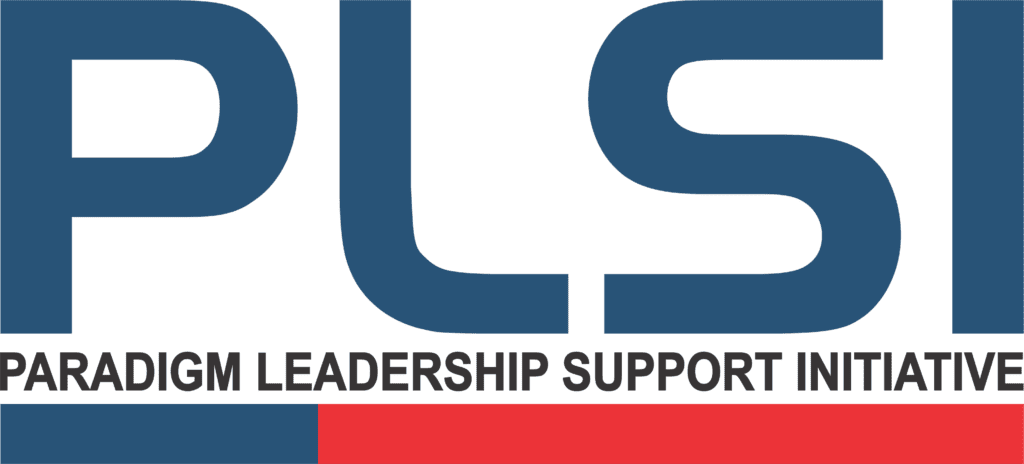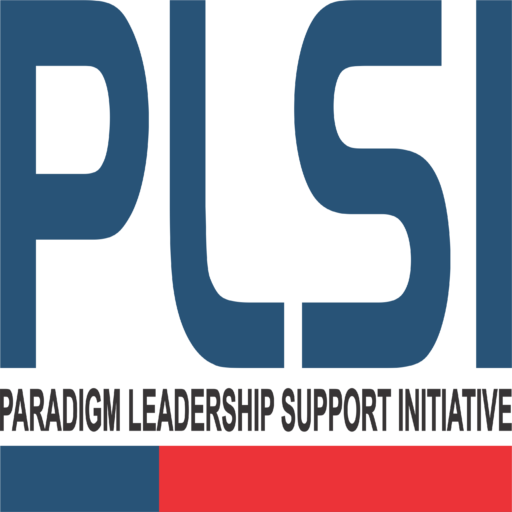Conspicuously, progress and development in human societies require the participation of men and women, boys and girls, and the marginalized groups in society. Gender equality is integral to human development, as aptly pointed out by Mahbub-ul Haq: “Development, if not engendered, is endangered”. Equally, economic growth, regardless of the approach adopted, has been amply demonstrated to be uneven and unsustainable in the long run if it is sought to be realized in a situation where there are significant gender inequalities[1].
The World Bank Group in Nigeria has said that of the 30 million people with disabilities, 18 million are of working age, and only 0.3% is gainfully employed[2]. Also, the analysis of Nigeria’s 2023 proposed budget has shown that only N58 billion (0.29 percent) is allocated to women’s economic empowerment (WEE) programs when measured as a percentage of the total budget. This indicates a 43 percent reduction from the 2022 WEE allocation, which stood at N103 billion[3]. However, apart from social justice, which demands equal opportunity for all citizens, it is smart economics to plan with both halves of the population because it benefits society. To achieve sustainable development, nations must collaborate with their men, women, and vulnerable groups and pay attention to their individual needs and preferences.
Nigerian leaders are not bereft of ideas and policies, over the years, various policies and programs have been introduced both at the federal and subnational levels to address gender equality: At the regional level, Africa has responded to the global waves of rights and development. Like many governments, Nigeria does not always implement its budget as approved by the legislature, an issue known as budget realism or budget credibility[4].
Social protection for the young, elderly, and all vulnerable segments of the population is also at the core of Nigeria’s 2021–2025 NDP. Given the high poverty and unemployment rates among youth and women in the country, gender and youth-responsive approaches to development will be incorporated into the direct policy interventions of the government and other partners to support the attainment of the relevant SDGs. Nigeria’s current NDP is a successor to the 2017–2020 Economic Recovery and Growth Plan (ERGP), which elapsed in December 2020 and emphasized the need to prioritize investment in human development to provide equitable access to quality education and health services for all Nigerians[5].
In defiance of this, Nigeria continues to perform poorly, gauging by the synthesis of performance across four dimensions of the Gender Gap Index adopted globally. In the Economic Participation and Opportunity sub-index, Nigeria ranked 50 among the 146 benchmarked countries with a score of 0.724 (The Global Gender Gap Index 2022). For the Education Attainment sub-index, Nigeria ranked 134 positions with a GGI of 0.826 (The Global Gender Gap Index 2022). For the Health and Survival sub-index, Nigeria ranked 97th with a GGI of 0.967 (The Global Gender Gap Index 2022). Notably, Nigeria ranked 141 in the Political Participation sub-index with a GGI score of 0.040. Overall, Nigeria ranked 123 with an index score of 0.639, +0.012 of 2021 (The Global Gender Gap Index 2022), thereby falling much behind such African countries as Rwanda, South Africa, Uganda, Kenya, Ghana, Tanzania, Mozambique, Zambia, and Zimbabwe, among others[6].
A number of African countries (in particular, Rwanda, Kenya, South Africa, Egypt, Ghana, and Tunisia) have recorded remarkable achievements in their bid to promote gender equality and the empowerment of women through legal rights and constitutional reviews. The judiciary and legal practitioners in such countries are reportedly very creative in interpreting laws, driven by knowledge and understanding of gender equality issues and other related human rights principles. Other enabling factors in these countries are access to resources, for example, the use of gender-responsive budgeting to achieve a gender mainstreaming strategy for the promotion of gender equality, women’s empowerment, and inclusive planning for development[7].
In Nigeria, as in many other nations, gender equality remains a significant issue. While Nigeria has made some strides, more work needs to be done, and it requires sustained effort and commitment from all stakeholders. Despite various policy documents, including the national gender policy, the INEC gender policy, the national policy on gender education, the gender policy on agriculture, and the Violence Against Persons (Prohibition) Act (VAPP), there is no clear way to identify how government allocation and public spending impact these areas, hence the need to conduct a performance audit. The importance of conducting a performance audit on gender equality cannot be undermined. The reasons why it is vital to examine gender equality through a performance audit are:
- Promote accountability and transparency.
- Assess gender equality policies and programs and government compliance in their implementation.
- Provide informed decision-making.
- Identify and examine the gender-specific impacts of government programs.
- Publish audit findingson gender issues and how they affect citizens, as well as audit recommendations based on evidence.
Footnotes
[1] https://www.undp.org/sites/g/files/zskgke326/files/migration/in/engendering_human_development.pdf
[2] https://www.vanguardngr.com/2022/05/of-18mn-pwds-within-working-age-only-0-3-gainfully-employed-world-bank/
[3] https://www.premiumtimesng.com/news/top-news/564405-analysis-of-nigerias-2023-budget-shows-0-29-allocated-to-womens-empowerment.html?tztc=1
[4] https://internationalbudget.org/wp-content/uploads/Nigeria-Budget-Credibility-and-the-Sustainable-Development-Goals.pdf
[5] https://nationalplanning.gov.ng/wp-content/uploads/2021/12/NDP-2021-2025_AA_FINAL_PRINTING.pdf
[6] https://www3.weforum.org/docs/WEF_GGGR_2022.pdf
[7] file:///C:/Users/USER%20PC/Desktop/NATIONAL-GENDER-POLICY%201.pdf
Join us at PLSI as we continue to push the boundary of accountability further!
Written by:

Judith Nwokoro – Program Officer at PLSI

